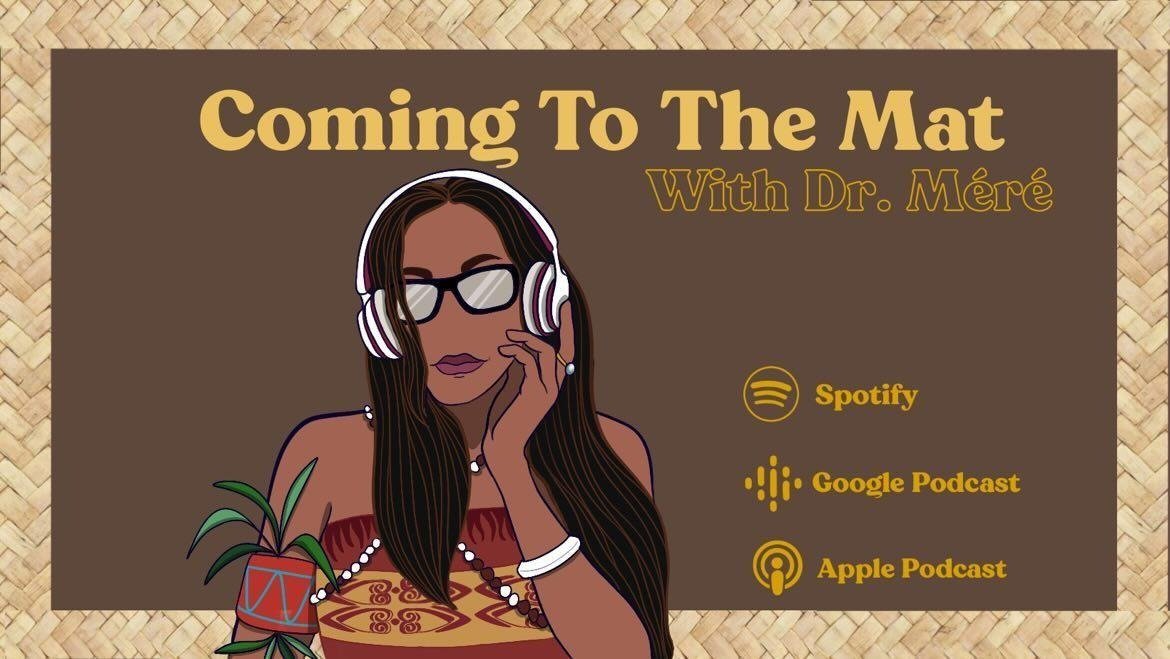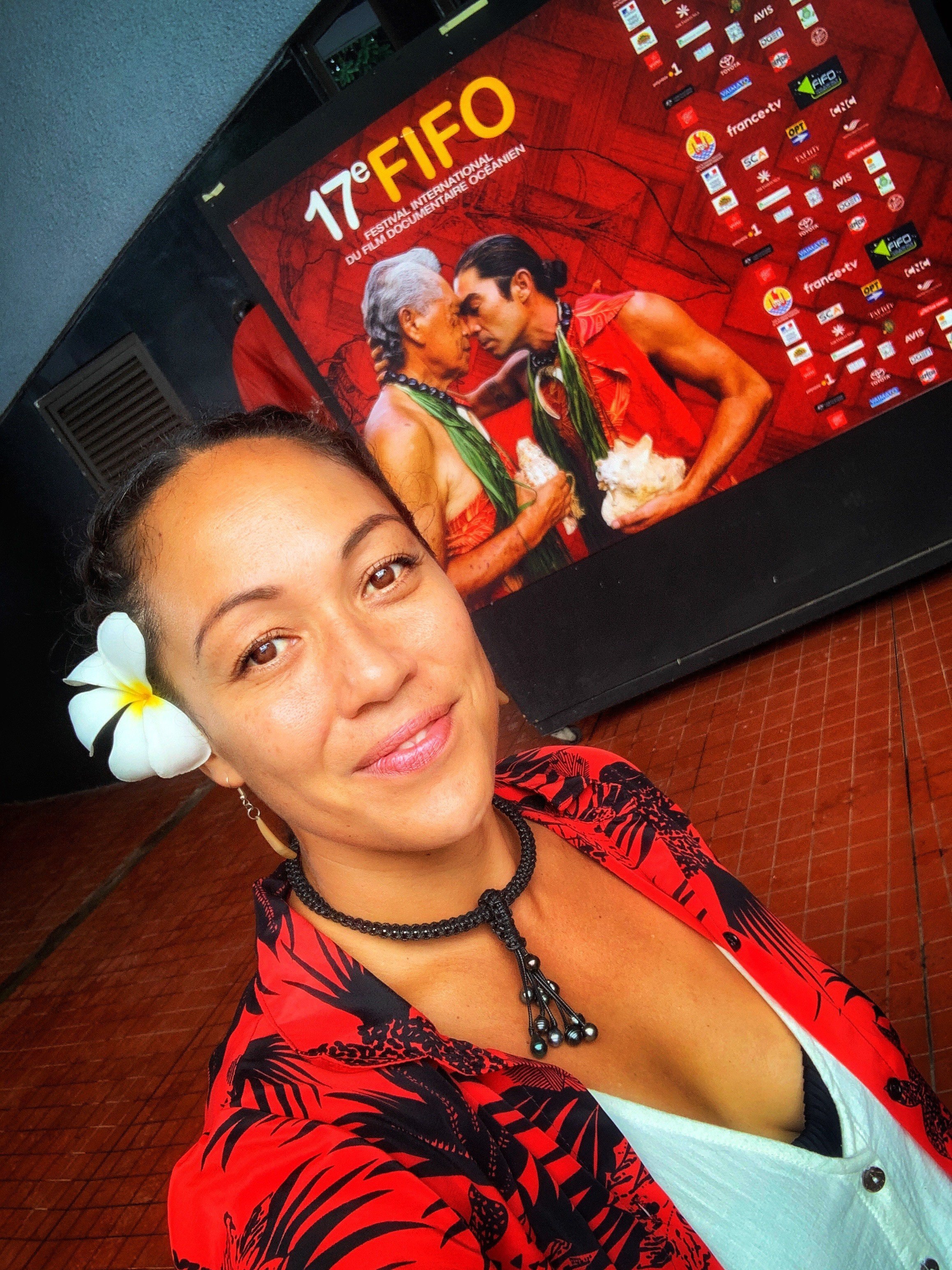In this episode we talk with Dawna Horton, the Co-Founder and director of Vanuatu's first and only adult literacy program designed to serve families by educating and empowering women. We also discuss how to incorporate culturally responsive instruction in a literacy program. With her background as an Education program specialist, she helped to develop a culturally relevant curriculum and training materials for Vanuatu Mamas English Class. We are going to discuss how Vanuatu Mamas English Class is helping in this capacity particularly for adult literacy.
Show notes: Where is Eratap Village? https://www.google.com/maps/place/Eratap,+Vanuatu/@-17.7887003,168.3685829,15z/data=!4m5!3m4!1s0x6e896145023ce9b7:0xf8fba8d1c1488461!8m2!3d-17.7857045!4d168.3636007
Vanuatu Mama's English Class
https://www.melanesianwomentoday.org/mamasenglishclass
https://www.facebook.com/login.php?next=https%3A%2F%2Fwww.facebook.com%2FVanuatuMamasEnglishClass%2F
What is Bislama?
https://en.wikipedia.org/wiki/Bislama
Peace corps volunteer says reading is power for growth
https://dailypost.vu/news/peace-corps-volunteer-says-reading-is-power-for-growth/article_47a5caaa-80b5-5ffa-9056-4094748e3e35.html



